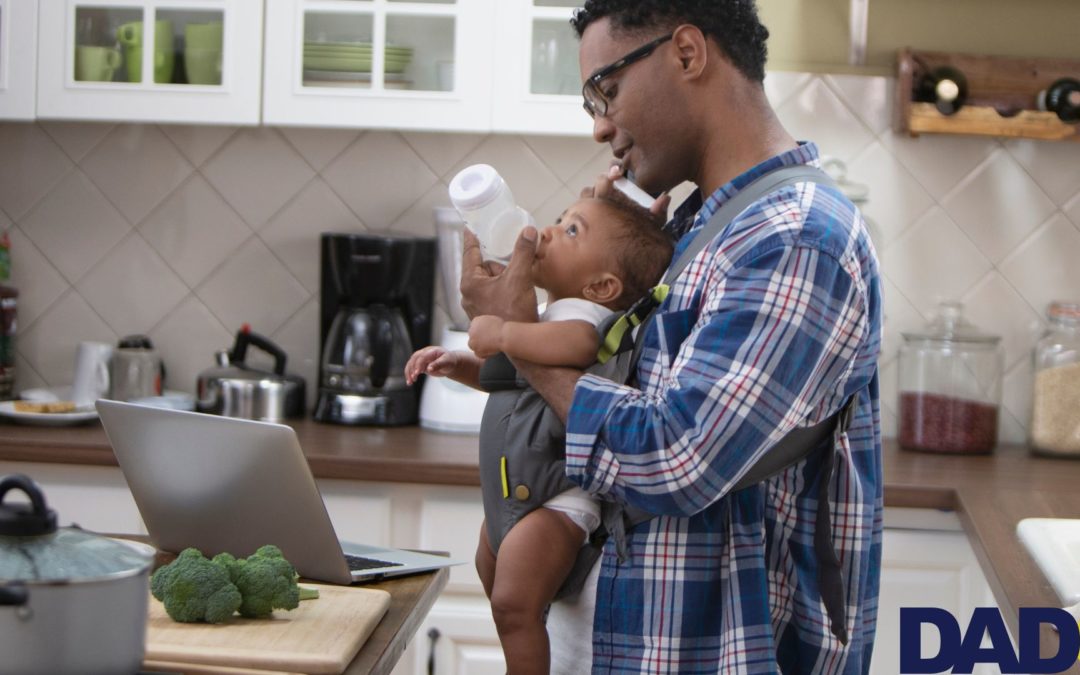
It’s a terrible situation to be in: stick with an unhappy relationship and sacrifice your happiness, or leave and cause upheaval for your children? It can feel like you’re damned if you do, and damned if you don’t.
While there may not be a ‘best’ answer for these situations, it’s helpful to know what to consider when deciding what to do.
The risks of staying together
Sadly it has been well documented in recent years that being party to parental strife affects children negatively. Not only do children who witness their parents arguing tend to blame themselves for the issues, but they can also struggle with:
- low self esteem
- managing their emotions
- trust
- relationships with others.
It’s possible, therefore, that in high-conflict families children may actually feel relieved if their parents split.
Another factor to consider is whether your children may be feeling neglected sometimes because of the conflict between their parents. For example, if a child needs comforting but both parents are embroiled in a row, the child may feel unsupported.
On the whole, if children are aware that their parents don’t get along it can make their home environment unsettling and anxious. ‘Children do not feel safe in a hostile, unpredictable atmosphere. It is unfair and can cause trauma,’ says Nicola Baldwin, Parenting Lead at Fegans.
Sometimes warring parents can be completely amicable and harmonious as co-parents after a split- which may work out better for the children involved. ‘Children feel safe and secure if there is a clear and predictable routine, if they are heard and listened to, and are not being lied to,’ advises Nicola.
Staying together
However, a divorce/ split can have a significant impact on a child. One study even found that children of divorced parents are more likely to struggle more at school, and earn a lower income later on.
If parents are able to remain civil and not expose their children to conflict then remaining under the same roof may be viable. However, effectively parenting children while living with a miserable relationship can understandably be too hard.
To make this option work, both parents need to commit to solidifying their bond for the sake of the family as a whole. This could take the form of couples counselling, or working through problems amicably together.
Making the decision
Here are some things to consider when facing the possibility of divorce or separation:
Is there abuse?
If there is any kind of abuse present in the home towards the child- such as sexual, physical, neglect or emotional- then a split is essential. It is your responsibility to protect your child from abuse.
In addition, abuse towards you by your partner is also a non-negotiable. Your safety and well-being (and that of your child) is your top priority.
It may be possible that your partner/ spouse is open to working through the abuse at hand and changing their behaviour. Ensure, however, that you remove yourself and your child from abusive situations in the mean time.
Can you cooperate as parents?
If parents are able to compartmentalise their problems with each other and co-parent effectively, then staying together may work. This option requires honest conversations between you and your partner and the ability to communicate calmly and listen to each other.
If this doesn’t seem possible, a separation may be the answer, and the children involved may be better off with their parents apart.
Is the relationship beyond repair?
If things have become toxic between partners then it’s time for an honest look at the relationship. There are many issues to consider:
- Has there been infidelity?
- Have there been efforts to rebuild the bond between you?
- Have you sought help from a third party such as a relationship counsellor?
- Are you both willing to work to get through the problems at hand and stay together?
If a split/ divorce is unavoidable
Sometimes, a split is the only way forward. Ideally, both parents will agree on putting the well-being of their children first amidst a break-up, paving the way for co-parenting.
Our comprehensive guide to splitting up and co-parenting as a dad is available here, which includes information about your legal rights. We also have a useful guide to parenting with a toxic ex.
To talk to other parents, come and join our friendly forum.








